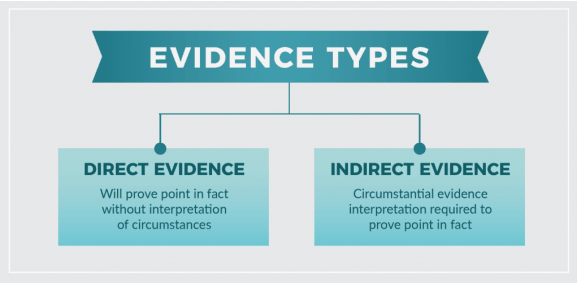How Hormones Affect Women Mental Health
Women experience a variety of hormonal changes throughout their lifetime, from puberty to menopause. These fluctuations can have a significant impact on their mental health, leading to mood swings, anxiety, and even depression.
Understanding Hormones and Their Role
Hormones are chemical messengers in the body that regulate various functions, including mood, energy levels, and stress response. In women, the main hormones that play a crucial role in mental health are estrogen, progesterone, and testosterone.
Estrogen
Estrogen is known as the “female hormone” and is responsible for regulating the menstrual cycle and supporting reproductive health. It also has a major impact on serotonin levels in the brain, which affects mood and emotional well-being.
Progesterone
Progesterone is another key hormone that plays a role in women’s mental health. It helps to balance estrogen levels and has a calming effect on the brain. Low progesterone levels can lead to anxiety and irritability.
Testosterone
While testosterone is typically associated with men, women also produce this hormone in smaller amounts. Testosterone influences mood, energy levels, and libido. Imbalances in testosterone levels can contribute to mood swings and decreased motivation.
The Impact of Hormonal Imbalances
When hormones are out of balance, women may experience a range of mental health symptoms, including:
Mood swings
Depression
Anxiety
Irritability
Fatigue
These symptoms can be particularly pronounced during times of hormonal fluctuation, such as puberty, pregnancy, and menopause. Women with premenstrual syndrome (PMS) or premenstrual dysphoric disorder (PMDD) may also experience severe mood changes due to hormonal fluctuations.
Managing Hormonal Imbalances
Fortunately, there are several ways to manage hormonal imbalances and support women’s mental health:
Healthy lifestyle habits, such as regular exercise and a balanced diet, can help regulate hormone levels and improve mood.
Stress management techniques, such as meditation and mindfulness, can reduce the impact of stress on hormone production.
Supplements, such as vitamin D and omega-3 fatty acids, may support hormone balance and mental well-being.
Hormone replacement therapy (HRT) can be used to alleviate symptoms of menopause and support overall mental health.
Conclusion
Women’s mental health is closely linked to hormonal balance, and fluctuations in estrogen, progesterone, and testosterone can have a significant impact on mood and well-being. By understanding the role of hormones in mental health and taking steps to manage hormonal imbalances, women can support their overall mental wellness.


